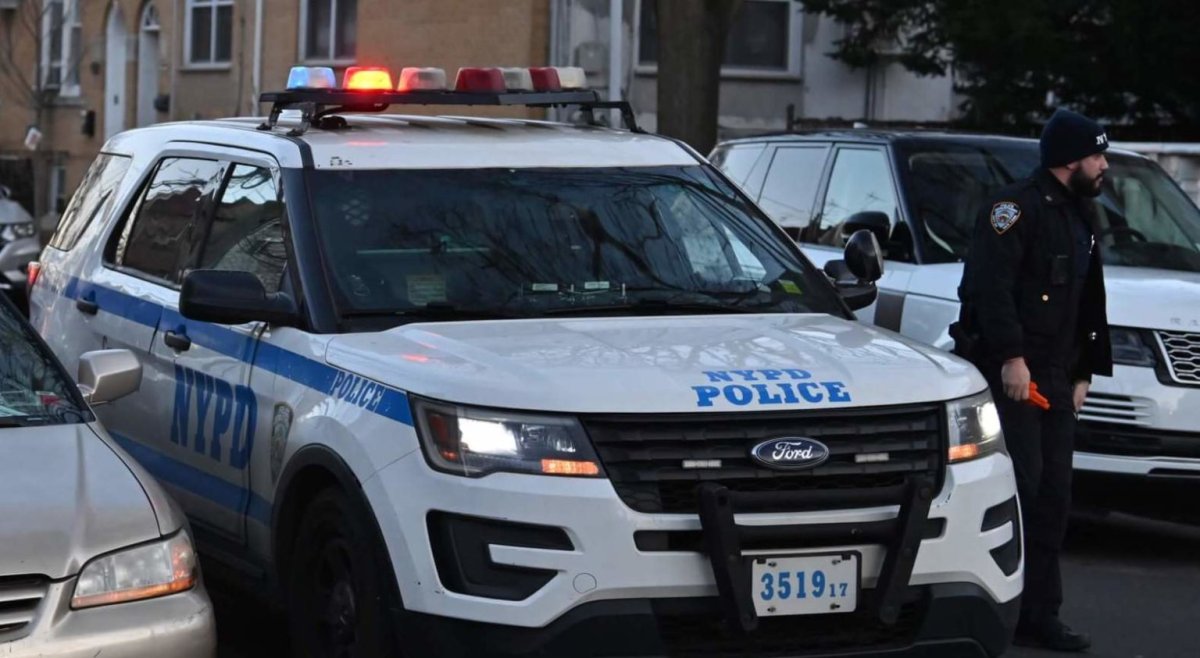
A few months ago, I met a remarkable mother I will call “Rosa” in Jackson Heights.
Rosa emigrated from Mexico to build a better life for her family. Unfortunately, that meant she had to spend years apart from her daughter, whom I will call “Gabriela.”
As soon as she possibly could, Rosa brought Gabriela to New York. But the reunion didn’t go as smoothly as she had hoped.
Young Gabriela had been through many changes, and she didn’t know what to make of her new life. Rosa described her daughter as having “un corazon duro” — a hard heart.
Rosa knew that she needed to find help for her daughter, so she went to her church and the hospital. But neither had what she was looking for.
Luckily, Gabriela’s school had a mental health clinic. There, Rosa and Gabriela got the help they needed to put their family back together. Today, Gabriela and Rosa are so much happier.
It was easy for me to relate to Gabriela. My own daughter, Chiara, is in recovery from anxiety, addiction and depression.
But my guess is that every New Yorker can relate to this story because every one of us has been touched by mental illness, either directly or through someone we care about. All told, 1 in 5 adult New Yorkers experiences a mental health disorder in any given year.
But our network of resources and services doesn’t even begin to meet the need. More than half a million adult New Yorkers are estimated to have depression, yet less than 40 percent report receiving care for it. Eight percent of city public high school students report attempting suicide. And intentional drug overdose deaths outnumber both homicide and motor vehicle accidents.
It all adds up to a public health crisis — an epidemic that has gone unchecked for far too long. But not anymore.
On Monday, we released “ThriveNYC: A Mental Health Roadmap for All” because we want to send one message loud and clear: Mental illness is treatable. Mental wellness is reachable. We can build a city where every New Yorker can live life to the fullest — and that means being able to get and stay mentally healthy.
ThriveNYC is a plan of action that will guide us toward a future where every New Yorker has access to the mental health services he or she needs. To achieve that goal, we must shatter the stigma of mental illness, which has kept so many people from asking for help. We must also create better resources that are easier to access. Our work will be guided by six key principles:
Change the culture: Because it’s time for New Yorkers to have an open conversation about mental health. It’s time New Yorkers feel comfortable telling their stories, listening to others and getting involved.
Act early: Because many mental health issues can be prevented or addressed more easily if we catch them before things get seriously bad.
Close treatment gaps: Because every New Yorker should be able to get help when they need it, where they need it, and from someone they trust.
Partner with communities: Because the wisdom and strength of local communities is one of our greatest assets when it comes to creating a healthier city.
Use data better: Because to create a fair and responsive mental health system, we need to know what is working and what needs to be fixed.
Strengthen government’s ability to lead: Because one of government’s core responsibilities is safeguarding the health of its people — and no other organization can match its reach.
We are backing up our plan with the money and energy necessary to make a meaningful and long-term impact. Over the next four years, we will invest more than $850 million in ThriveNYC.
One of the many new initiatives we are launching is the Mental Health Corps, which will send 400 mental health care professionals into the communities where they are needed most. We will also train 250,000 New Yorkers in mental health first aid, which teaches people how to help friends, family members and co-workers who may be suffering. And we are bringing new mental health resources to high-need public schools, which will help mothers like Rosa and children like Gabriela get the help they need.
Success won’t happen overnight. It took us a long time to get into this mess, and it will take us a long time to get out of it. But together, we can create a city where every New Yorker can live their lives to the fullest.
Chirlane McCray is first lady of New York City.


































